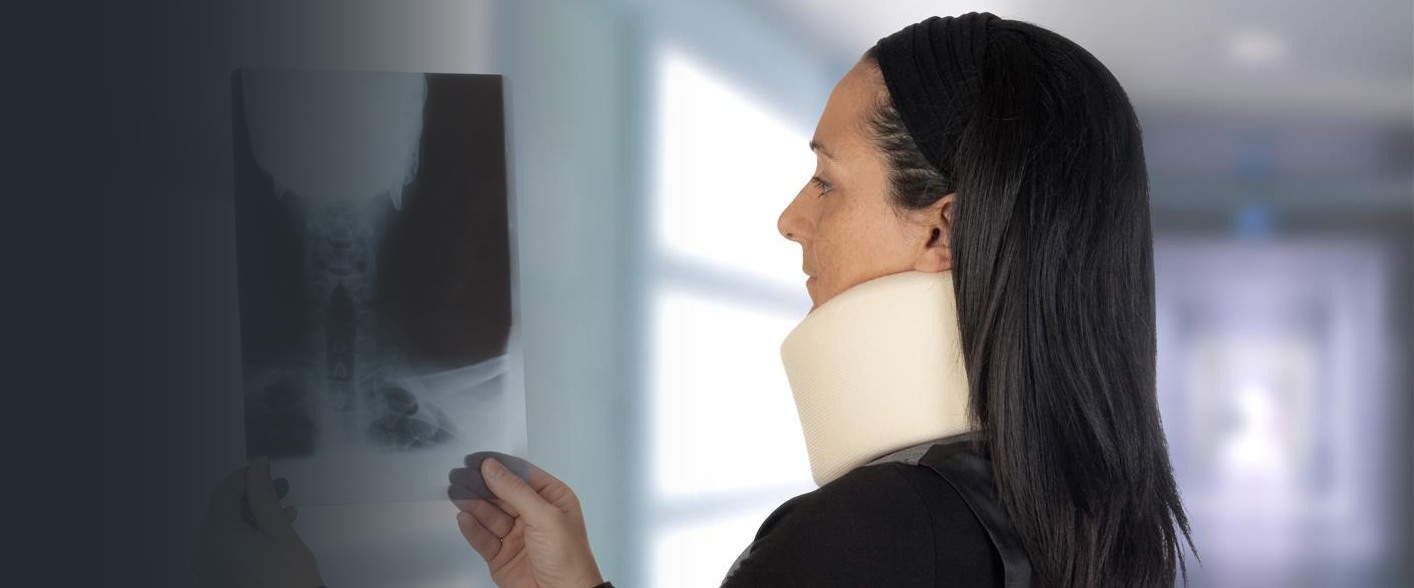Charleston Workers Compensation Claim
Worker Compensation laws are based on whatever the individual state legislatures decide to put in effect. In South Carolina private employers and state agencies that regularly employ 4 or more, part or full time employee, must pay for worker injury benefits as required by the state legislature. (Federal workers and Longshoreman are not under this.)
Except for Federal Workers and Longshoreman, workers hurt on the job, by law, injured workers are prohibited from filing suit against their employer for injuries suffered at work. The purpose or original intent of this, was to reduce conflict and dispute resolution in the workplace. In other words, if you are hurt while working for a private company or city/county/state agency you cannot have a jury trial, only a hearing by a Commissioner, to decide your benefits.
The judges of a worker compensation case are called “commissioners”. They are selected by the Governor and reviewed by the SC State Senate. Qualifications for commissioners are minimal. They are not required to have any legal background and the current governor has promised to appoint only business and insurance people with no legal background.
For more detailed information about worker’s compensation claims, please click here.
You may also be interested in viewing one of the following charts:
- Rough Flow Chart of a Worker Compensation Claim’s Stages
- Rough Flow Chart of the Worker Compensation Decision Making Process
- Basic Chart of the Worker Compensation Appeal Process
Charleston Workers Compensation Lawyer Settlement Analysis
I have tired to draft a format to help my clients understand, as much as possible, how to review the strengths and weaknesses of their individual cases. Specifically, this is to assist you in analyzing whether:
- to accept an offer made by the other side (Insurance Carrier) or to reject it
- and to either make a counter offer or settlement proposal from you and I, to the insurance carrier.
What you must always remember in considering settlement terms and options:
What is the judge/commissioner likely to award to you (or not award) if both sides don’t agree on terms of settlement instead of “having the judge” decide the dispute for everyone.
This review will only address trying to come to a settlement regarding what a final award is though to end up being to determine (by the commissioner) your rights and options under South Carolina Worker Compensation Law.
In many cases, an injured worker may have developed problems with additional body parts or systems that, at the time of the initial injury, were not affected. The new additional medical problems must be backed up with a medical opinion “trying in” or verifying the additional medical problems (in the written opinion of a doctor) probably (more likely than not) from the initial injury.
Examples that often come up are:
- one leg or knee/foot hurt in accident and worker overuses/relies on good leg causing a break down or injury to the “good leg”
- one or both legs initially hurt on job and walking oddly or “funny” causes the back or hips to have a medical problem
- arthritis or diabetic condition is permanently made worse as a result of injury on the job, even if you had the conditions before the injury at work.
Note: All of these examples must be medically supported in writing by a doctor. Your opinion, no matter how believable you are, is not enough to prove the situation to meet the requirements of law.
Things to weigh or consider, especially how they will be, or might be, viewed by a commissioner, if a commissioner decides this for both sides:
- How many body parts are injured/affected as a result of the job injury?
- If insurance company disagrees on just what is permanently hurt, can we prove they are wrong with a doctor? (Commissioners usually give more consideration to what the doctor says who has been treating you throughout the case.)
- Do doctor’s notes talk about body parts affected, or not and why?
- Is it obvious the treating doctor missed something (other injuries)?
- Do we have or need to have another doctor review this for a 2nd opinion or not? (This cost usually ranges between $600.00 to $1,000.00, which I advance as an expense on your case, to be paid back out of any settlement or award is collected, if collected. These 2nd opinions are not justified in every situation/case. You and I have to discuss it and consider if it will help.)
- Level of injury to each body part.
How disability is supposed to be considered and made by a judge/commissioner.
They must consider:
- Only 1 body part permanently hurt?
- Then how much (%) permanent disability exists?
- To determine, Commissioner is to review, usually:
- How serious the initial injury was.
- How long healing took until injury reached a plateau which means “this is the best it is going to get.”
- What percent (amount) of permanent loss of use do you have to that body part?
- What impairment does doctor think you have for permanent injury?
- What can you specifically not do as well or not do at all as to the following:
- Non-Employment
- Home tasks (cleaning, cooking, etc.)
- Hobbies
- Sports
- School
- Sexual relations
- Family obligations
- Employment
- Job lifting requirements
- Job standing, bending or other tasks affected
- Employers kept you or did not
- How much your “comp. rate” is or isn’t.
- Your comp. rate is determined usually by taking a 2/3rds percent of your gross pay (before deductions) of the average of 52 weeks of gross pay of all jobs you worked at in the 52 weeks before the accident/injury. This is supposed to include pay from other employers on whose job you were not hurt.
Other exceptions to average of 52 weeks include basing comp. rate on recognition of pay estimate if you were hurt before you completed a year at job you were hurt at.
Should a recent “big raise” received just before the injury be considered.
- Your comp. rate is determined usually by taking a 2/3rds percent of your gross pay (before deductions) of the average of 52 weeks of gross pay of all jobs you worked at in the 52 weeks before the accident/injury. This is supposed to include pay from other employers on whose job you were not hurt.
Important: Make sure your comp.rate (weekly pay) is legitimately as high as it should be under law because it controls a lot of the value of what your benefits will or won’t be.
Short Review – Commissioner looks at:
- Comp. rate
- Body part injured and permanent problems it appears you have
- Medications you need (or don’t need) to take permanently
- How injury seriousness looks to Commissioner
- How long it took you to heal to as “good as you are going to be”
- How far you went in education and employment experience and whatever injury will affect your options. Note:Not supposed to consider this but I’m certain they do.
- Your age (they figure younger will usually have it easier than older injured person.)
- Your credibility in opinion of Commissioner
- The things at work or not at work you can’t do now or can’t do as well.
Commissioners then award an amount of permanent disability within the maximum of the number of weeks listed by the legislature for certain body parts.
Remember, if only one body part is medically proved to be affected, no award based on your actual earning capacity reduction in the work force is allowed. ( I don’t know why that is the law. Ask your legislator. It isn’t that way in North Carolina.)
Multiple body parts affected?
Then you may receive (if you prove) an award of up to maximum benefits because you can no longer make the same income and you have either:
- A partial loss of earning ability
- A total loss of earning ability




